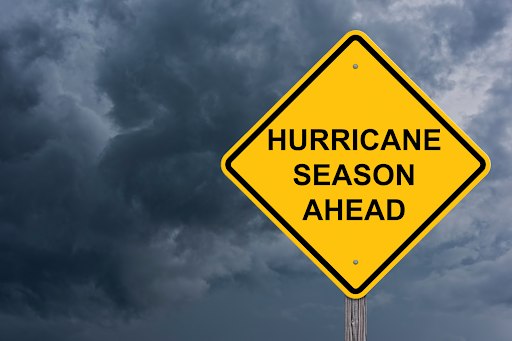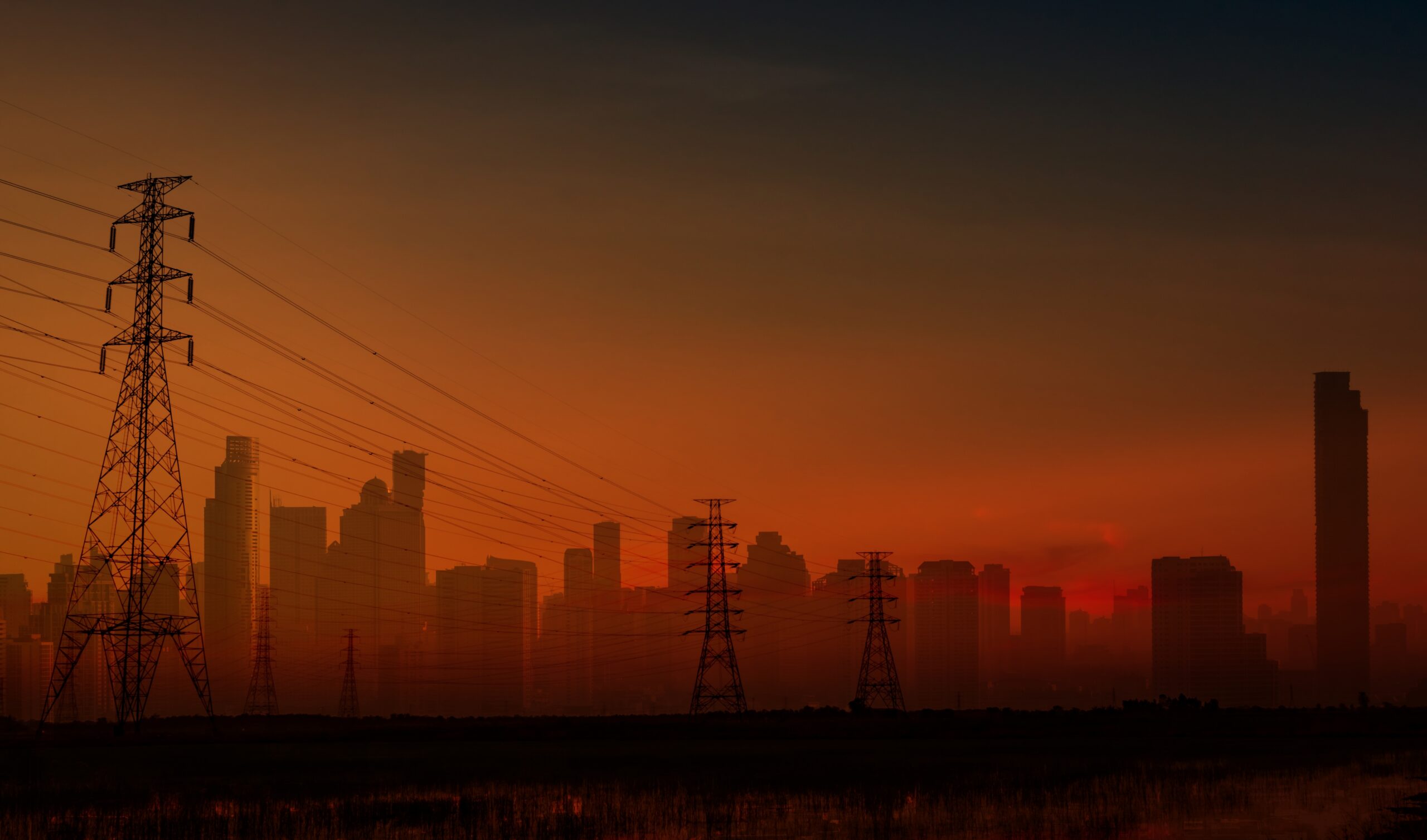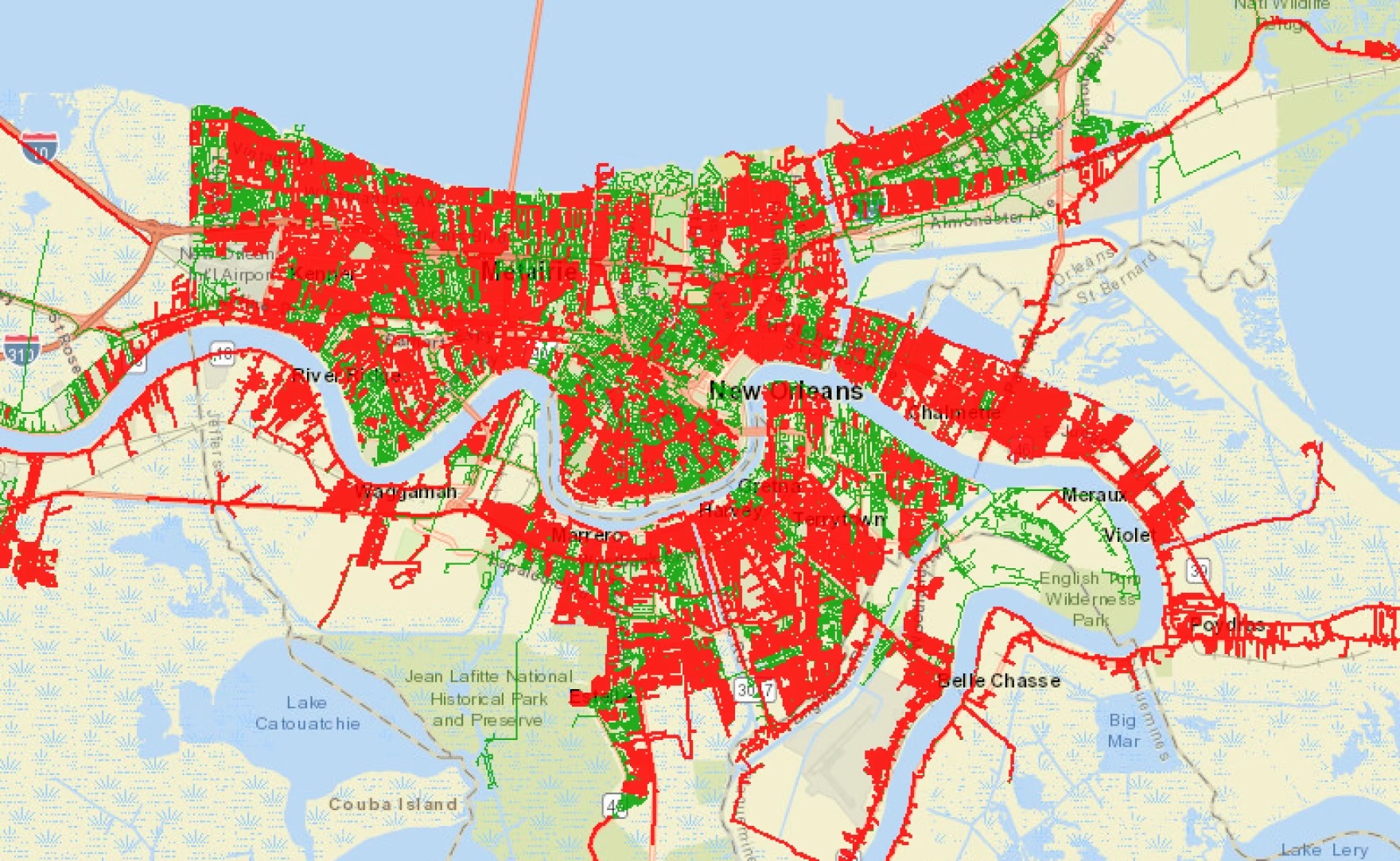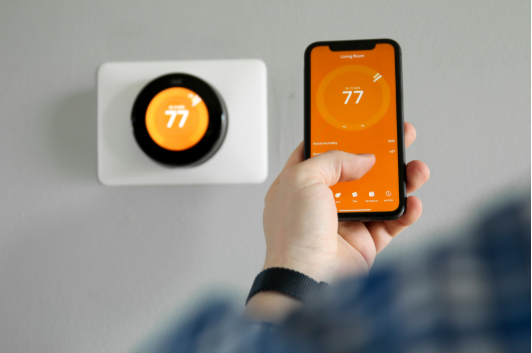Hurricane season is no joke — nobody knows that better than residents of New Orleans and the surrounding areas. Over the years, we have survived our fair share of storms and weather calamities, and we are all the better prepared for them. However, this year, the National Oceanic and Atmospheric Administration (NOAA) predicts a busier than usual hurricane season. What does that mean for us? Prepare, prepare, prepare!
Taking the necessary precautions is the best way to come out of a vicious storm with as little damage as possible. By now, we’re sure you have an extensive checklist of everything you need to do in case of an emergency but are air conditioning preps on your hurricane to-do list?
For many homeowners, this is the last thing on their minds. However; this important investment deserves to be cared for, especially during a dangerous storm.
Use this handy-dandy guide to learn how to prepare your AC for hurricane season and beyond!
Keep Up With Routine Maintenance
If you want top-tier performance from your air conditioner, you’ll need to start preparing before hurricane season.
Experts recommend scheduling AC tune-ups twice a year. A great time to service your unit is before the weather gets hot, and in the fall before the cold winter begins.
Routine maintenance limits wear and tear, which can cause substantial damage during a hurricane.
Tips for Protecting Your Air Conditioner Before a Storm Hits
Modern technology makes it possible to track hurricanes and issue warnings in a timely manner. If you know a tropical storm is on its way, you need to start prepping immediately. Once the windows are boarded or hurricane shutters are in place and you have food, water, important documents, and emergency supply kits stowed in a safe place, turn your attention to the AC system. Here’s how to prepare your AC for a hurricane.
Turn It Off
Hurricanes are known for causing some serious power outages in the New Orleans area, which is why so many homeowners use home generator systems. This doesn’t mean your appliances are automatically protected from power surges, though, especially if your unit is in need of maintenance. For absolute certainty, it’s best to turn your air conditioner off at the breaker or unplug the system until the storm is over.
Clean It Up
Don’t leave any objects lying around in your yard. Your child’s toys or outdoor furniture flying around can cause serious damage to your AC unit when it’s hit at 75+ MPH. Take some time to clean your porch and backyard, bringing all unsecured outdoor equipment indoors.
Trim Nearby Trees and Shrubs
While you’re tidying up the yard, don’t forget about those overgrown tree branches and tangled shrubs around your AC unit. Hurricanes have a knack for turning brittle branches into projectiles, and the last thing you want is a flying limb slamming into your outdoor condenser or living room window.
Give those trees and plants a good trim—especially any branches looming over the AC or close to your home. Fewer loose limbs mean less potential debris for the storm to toss around, which ultimately protects both your AC and your windows from unexpected battle scars. Plus, you’ll cut down on the post-storm cleanup (and maybe even impress the neighbors with your landscaping skills).
Cover It Up
For extra protection, purchase a high-quality AC cover and make sure it’s properly installed before the storm starts. Plenty of things outside of your control could be swept away by the wind and hit your outdoor unit. Additionally, high winds and heavy rain can damage delicate internal components, such as fan blades. The AC cover will act as a shield from flying debris.
Check the Hurricane Straps
Raise Your AC Unit Above Flood Level
If your home is no stranger to heavy rains or flash floods, don’t take chances with your air conditioner’s lower half doing the backstroke. Install your outdoor unit on a sturdy, elevated platform designed to keep it high and dry. This simple step will help prevent costly water damage and keep your system safe when the waters start to rise.
Raise Your AC Unit Above Flood Level
If your home is no stranger to heavy rains or flash floods, don’t take chances with your air conditioner’s lower half doing the backstroke. Install your outdoor unit on a sturdy, elevated platform designed to keep it high and dry. This simple step will help prevent costly water damage and keep your system safe when the waters start to rise.
Cool Your Home Before the Storm
Part of preparing your AC for a hurricane is turning the unit off during a storm to avoid damage caused by a potential power surge. But how do you stay comfortable through the humid weather without AC? The key is to cool your home down before the storm arrives.
Set the thermostat a few degrees cooler than usual, and let the air conditioner cool your home before the storm. Then, keep the cool air trapped indoors by sealing all windows and doors shut and closing blinds and curtains as an added layer of protection.
Spotting AC Damage After a Hurricane
Once the skies clear and it’s safe to step back outside, don’t just flip your air conditioner back on and hope for the best. Hurricanes can leave their mark in more ways than one, and catching problems early can save you from even bigger headaches (and repair bills). So, before you get too comfortable, give your AC a post-storm check. Here’s what to look out for:
- Unusual Noises: If you hear buzzing, rattling, or any sounds that send chills down your spine (and not the cool, refreshing kind), your AC might have taken a beating.
- Pooling Water or Excess Moisture: Puddles around your outdoor unit—or inside—could mean there’s flooding or drainage issues that need attention.
- Visible Dents or Dings: Windblown lawn furniture, tree branches, and even the neighbor’s flamingo can all turn into airborne hazards. Any new dents, bent fins, or obvious exterior damage are red flags.
- Damaged or Exposed Wires: Hurricanes don’t exactly go easy on electrical lines. If you spot frayed, exposed, or broken wires near your AC, resist the urge to poke around—this job calls for the pros.
- Mold or Mildew: Storm-driven humidity and leaks can invite mold into vents or around the AC unit—definitely something that shouldn’t be ignored.
- Power Irregularities: Flickering lights, tripped breakers, or a system that won’t turn on could signal a surge or electrical issue that needs a professional’s touch.
- Feels Less Cool Than Usual: If your system isn’t bringing the chill like it used to, don’t sweat it—just add it to your list for an expert inspection.
If any of these issues pop up, it’s time to pause and schedule a checkup with your local HVAC technician. Catching storm damage early can help you steer clear of bigger problems down the road.
When to Call in the Pros
Once the winds have settled and it’s safe to step outside, you’ll want to give your AC a quick once-over. But how do you know when it’s time to pick up the phone and bring in a professional HVAC technician? Here are some red flags that mean your system needs more than just a little DIY TLC:
- You notice odd sounds—think buzzing, clanking, or rattling—coming from the AC, either inside or out.
- There’s standing water or heavy moisture pooling around the unit (a magnet for mold and rust).
- Your air conditioner looks like it tangled with flying patio furniture and lost—visible dents, cracks, or parts knocked loose.
- Any electrical wires to or from the unit appear frayed, disconnected, or otherwise unsafe. Steer clear!
- Mold is making a surprise appearance around vents or the unit itself.
- Power seems inconsistent, or you’re worried about surges or outages affecting your system.
- The AC simply won’t kick on at all, or it’s running, but not cooling as it should.
Trying to tackle these issues on your own could make things worse, or worse yet, unsafe. Always keep in mind: when in doubt, let a trusted HVAC expert handle the post-hurricane cleanup for your air conditioner.
Trust Keefe’s With Your Air Conditioner
With these air conditioning preparation tips, your unit should be more resistant to hurricanes or severe storm damage. If you do need emergency air conditioning repair, a generator, or electrical services in New Orleans and the surrounding areas, you know who to call!




